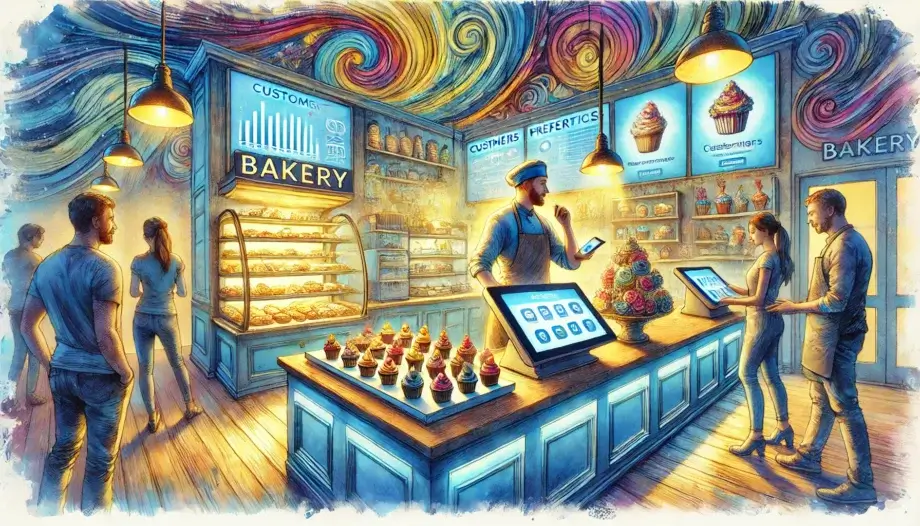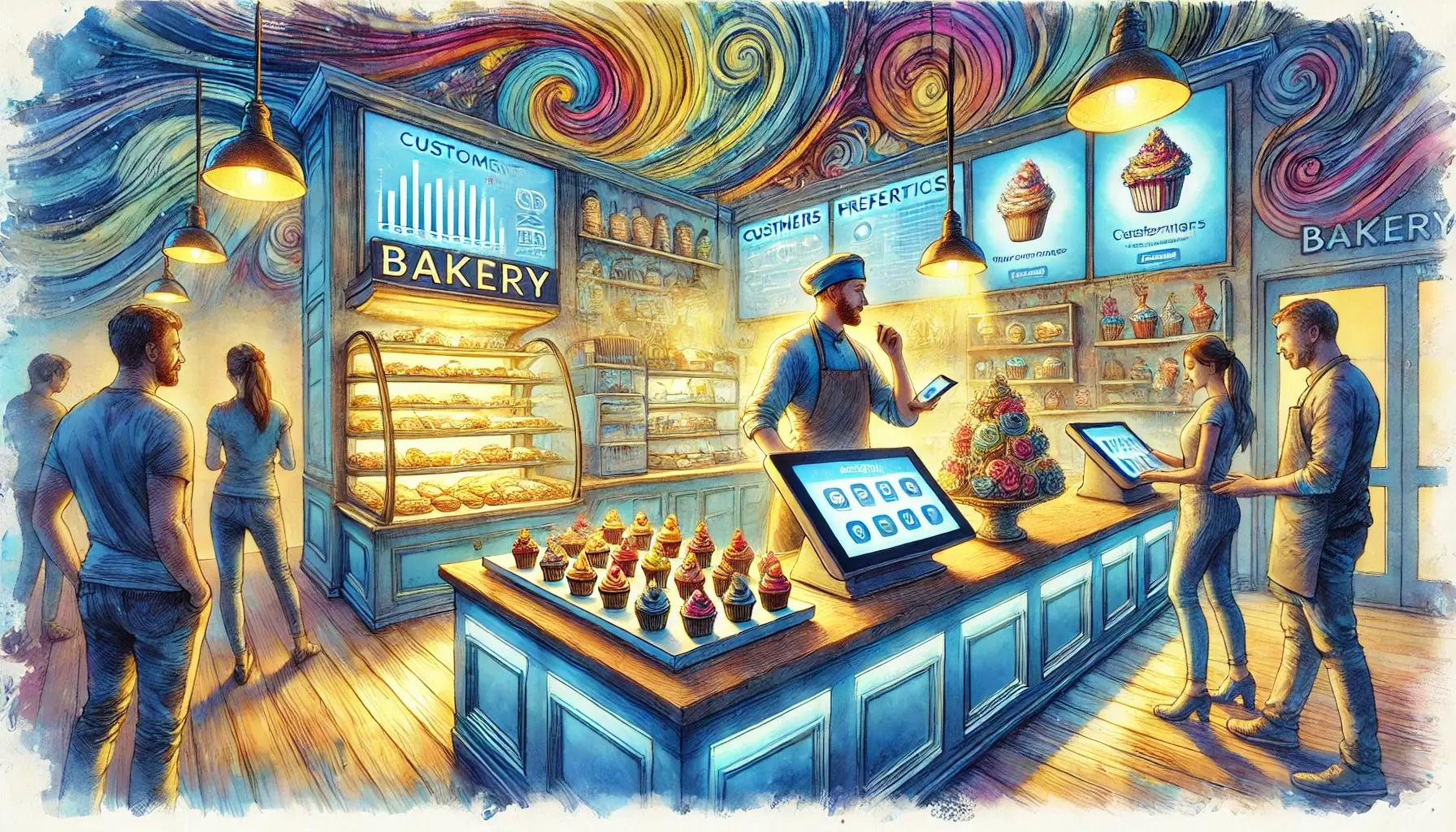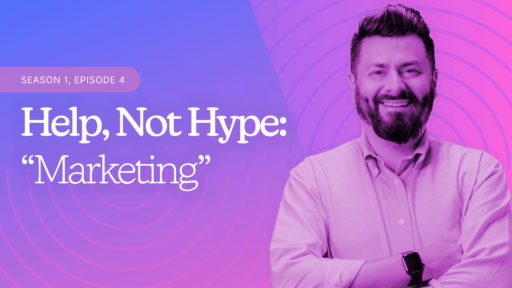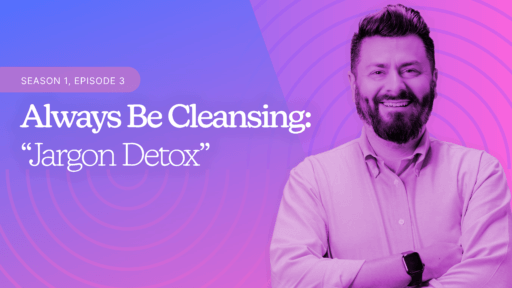“Great things are not done by impulse, but by a series of small things brought together.”
Vincent Van Gogh
Growing up, my family’s idea of fine dining was the all-you-can-eat buffet at Furr’s Cafeteria.
Plates stacked high with mashed potatoes, fried chicken, and suspiciously neon jello squares, it was a feast for the senses. Yet, despite the overwhelming variety, I quickly learned a crucial lesson: more isn’t always better. Sometimes, it’s just…more.
This lesson stuck with me, especially when thinking about how businesses grow and scale over time. Like that buffet, scaling can be messy when not done thoughtfully. Every additional scoop or new initiative risks diluting the very quality that made you special in the first place.
When Growth Backfires
Imagine a small bakery in a sleepy town. Our hero, let’s call her Luna, crafts the most divine cupcakes this side of heaven. Luna’s customers adore her, not just for her confectionery wizardry but because she remembers their names, their favorite flavors, and even their birthdays.
Business is good, life is sweet, and then—BAM! One viral Instagram post later, Luna’s Bites is the hottest bakery in the city. Orders flood in, lines wrap around the block, and Luna is living the dream.
Or so she thinks.
Overnight success is great for the ego but terrible for logistics. Luna quickly finds herself in the weeds. The personal touch that made her special? Gone. Replaced by harried assistants and pre-printed birthday cards. Customers who once felt cherished now feel like numbers, and Luna’s famous cupcakes start to taste suspiciously like mediocrity.
Do More, But Do It Better
Here’s the thing: scaling isn’t about simply increasing output—it’s about growing smarter without losing what made you special in the first place. It’s about doing more and doing it better.
Let’s pause here.
When businesses scale effectively, they don’t just add more mashed potatoes to the buffet. They refine their recipes, improve the presentation, and find ways to serve more people while still making each one feel special. Every step of growth should enhance the quality of interactions, not just the quantity.
As marketers, we are often the architects of this delicate balancing act. We help businesses scale without losing their soul, making sure that every customer still feels seen and valued, even as operations expand.
This might sound like a lot of work, and it is, but it’s also where the magic happens.
Lessons from Success
Take a lesson from companies that scaled without turning into soulless giants. They invest in systems that actually do what they promise, using tech as a friendly bridge, not a wall. Picture CRM systems that remember you like an old friend, emails that feel oddly personal, and customer service that makes you think, “Wait, are they…actually helping me?”
Consider Airbnb, the quirky startup that went from renting out air mattresses to becoming the Martha Stewart of vacation stays. They’ve managed to keep that homespun charm, using data like a psychic to match guests with their ideal hosts. It’s like having a concierge with a sixth sense.
Their use of AI and machine learning to predict guest preferences and recommend listings isn’t just clever—it’s borderline magical. They’ve also invested in host education and community support, ensuring that the hospitality experience feels personal, whether you’re staying in a yurt in Mongolia or a penthouse in Manhattan.
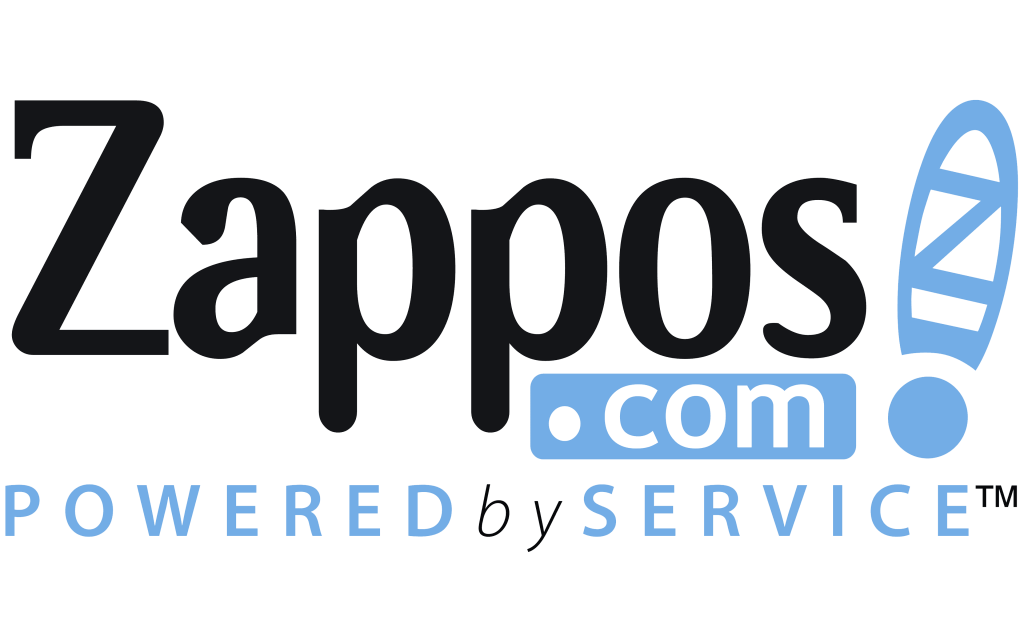
Then there’s Zappos, whose customer service is so legendary, it makes your grandmother’s doting look like amateur hour. They’ve built a culture where employees are basically superheroes in headsets, ready to save the day, one shoe crisis at a time.
They’re known for their 365-day return policy and willingness to go to absurd lengths to make customers happy—like sending flowers to customers or helping someone find a pizza place in the middle of the night. Their service isn’t just a department—it’s the lifeblood of the company, and they’ve maintained this ethos even as they’ve scaled to serve millions.

And let’s not forget Spotify, the digital DJ that knows your guilty pleasures better than you do. Their algorithms are like musical sommeliers, curating playlists that make you feel seen and understood, even when you’re into both death metal and disco. They’ve mastered the art of using user data to create a highly personalized experience.
Features like Discover Weekly and Daily Mixes feel like they were crafted just for you because, well, they kind of were. Spotify also uses its platform to connect artists and fans in innovative ways, from exclusive releases to personalized year-in-review experiences, keeping that intimate connection even as they dominate the streaming world.
These companies didn’t just grow bigger—they grew better. They scaled thoughtfully, using technology to keep their personal touch intact. They showed that growth doesn’t have to mean losing connection. Instead, it can mean deepening those connections with more people.
Grow Without Losing Your Your Soul
Now, if we circle back to Luna, the lesson is clear. Scaling a business should be like crafting the perfect cupcake—every ingredient matters, and the personal touch is never lost. Growth doesn’t have to come at the cost of quality. By focusing on systems and processes that protect what makes you unique, you can scale without losing your essence.
As marketers, our challenge is to help businesses grow without losing their soul. It’s about making smart, deliberate choices that keep the heart of the brand alive. So, next time you’re overwhelmed by the idea of scaling, remember Luna’s cupcakes. It’s the attention to detail, the commitment to quality, and the connection with customers that will see you through.
Maybe, just maybe, growing your business doesn’t mean losing your soul. It means expanding it, one thoughtful step at a time.


